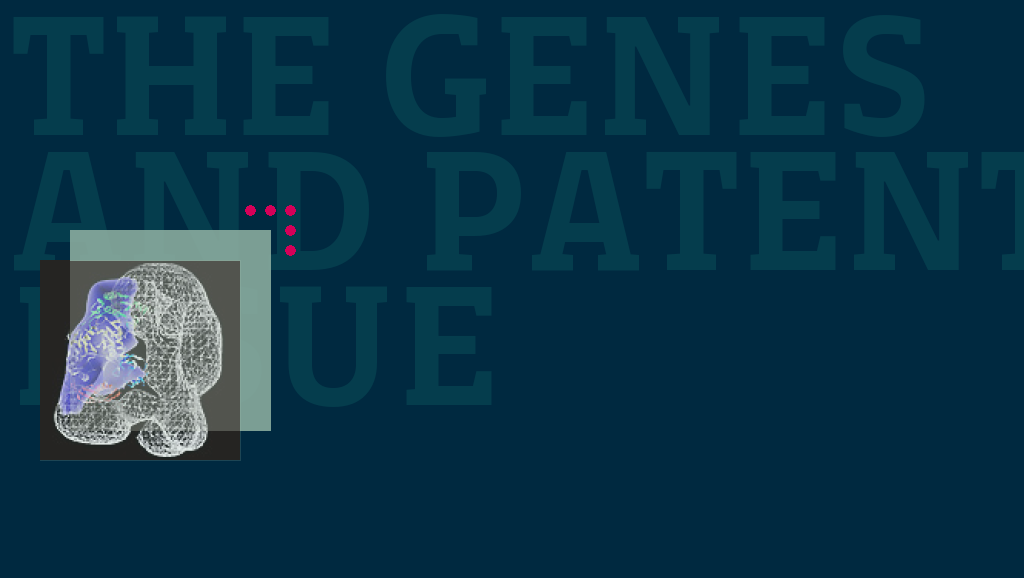On Friday 30th October The New York Times business section carried an article entitled ‘US Says Genes Should Not Be Eligible For Patents’ written by Andrew Pollack.
In the article the author explains that ‘Reversing a longstanding policy, the federal government said on Friday that human and other genes should not be eligible for patents because they are part of nature. The new position could have a huge impact on medicine and on the biotechnology industry’.
The article goes on to explain that on Friday The US Department of Justice filed a ‘friend of the court brief’ pertaining to patents for genes and genetic inventions in which it overturned the previous practice of the request for and obtaining of patents for isolated genomic DNA.
The article suggests that if this decision is put into effect by the patent office it would draw protest and condemnation from the pharmaceutical and biotechnology industries as it may harm research into personally tailored drug regimes that rely on patents of this type in order to be financially viable.
For a more legal reading of the ruling the patentlyo.com blog (described as the nation’s leading patent law blog and therefore quite technical) offers downladable copies of the brief as well as many other articles and previous publications, and also an array of informed comments upon the story.
The publication of the friend of the court brief is the latest in a long line of legal and legislative movements. In April of this year a federal judge in the USA overturned patents on the BRCA1 and 2 genes, which were held by biotechnology company Myriad.
In June of this year a group including a woman who is suffering from cancer began a legal action aimed at invalidating Myriad’s gene patents in Australia (patents are only valid within the country in which they were issued).
The Australian Senate decided to take action on this matter and created a committee that would report on the issue. Unfortunately due to recent political turbulence in the country the report was never released and is currently on hold.
For an informed debate on the implications of this battle see this video interview from Duke University given by Prof Robert Cook-Deegan, the director of the Center for Genome Ethics, Law & Policy at Duke’s Institute for Genome Sciences and Policy.
















